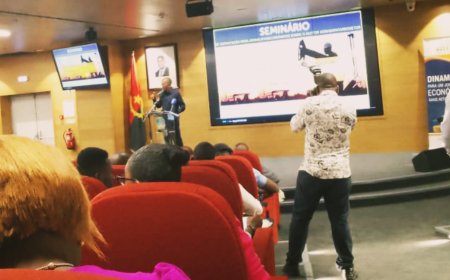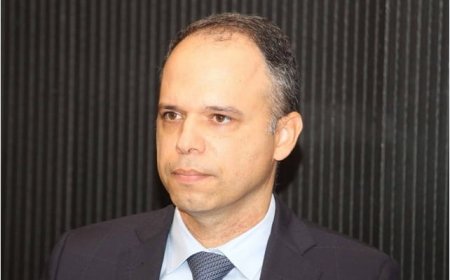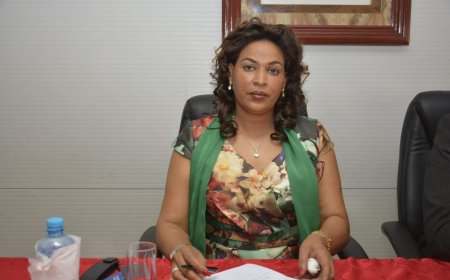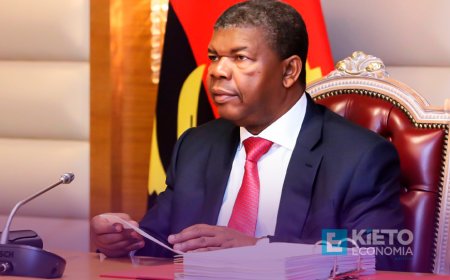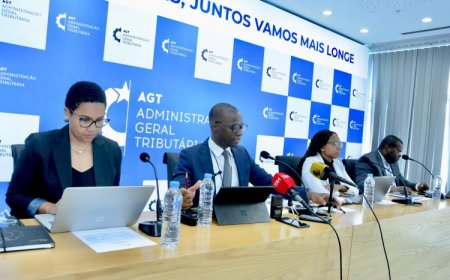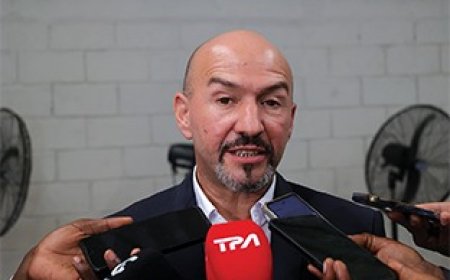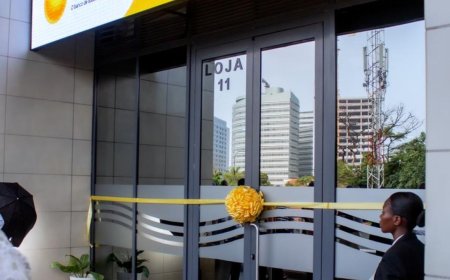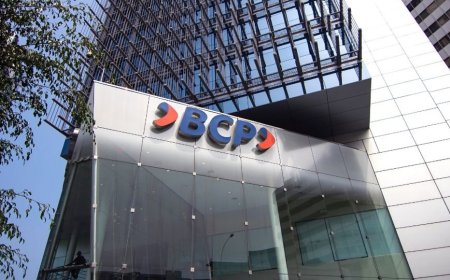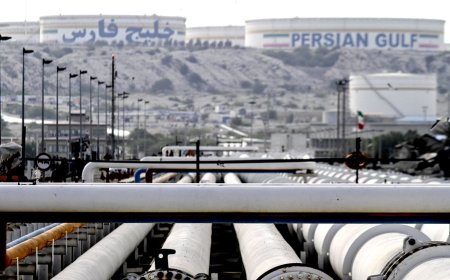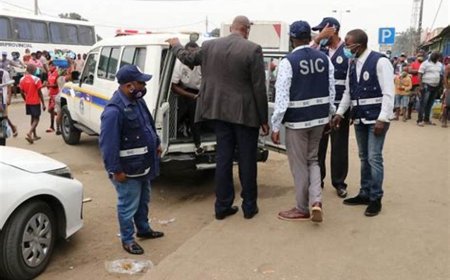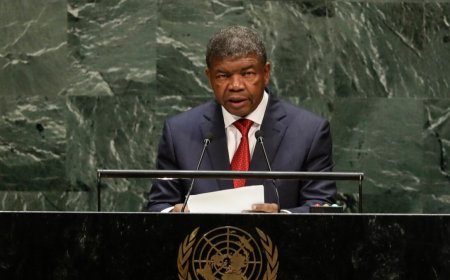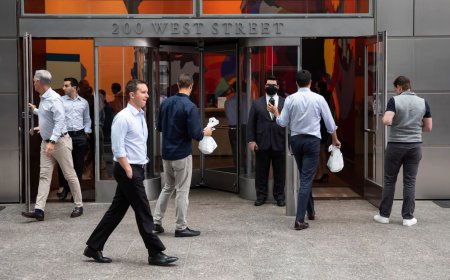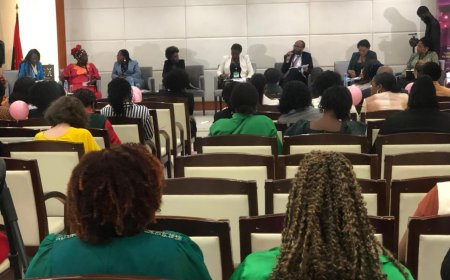Angola heads into 3rd year without disclosing report on 'money laundering' in the country.
Since being appointed by the PR, Gilberto Moisés Moma Capeça, the new leader of the institution that polices suspicious banking operations, has not yet publicly presented any balance of his activity. In other words, the country is 'orphaned' by statistics on how suspicious operations and the money laundering network are going in Angola. The head of the FIU only answers to the President of the Republic, João Lourenço.
Dário do Leste
Angola, through its Financial Intelligence Unit (FIU), stopped publishing, more than two years ago, the Annual Activity Report, a document that identifies, names and lists the reporting of data by commercial banks on suspicious operations and money laundering attempts in the country. With the lack of this data, Angola is thus heading into the third year that nothing is known about fraud and other operations that constitute financial crimes, Kieto Economia learned from sources in the FIU itself and senior management of the national bank.
In practice, the UIF has 'discontinued' the regular publication of this important document since Francisca Massango de Brito, the former head of the body, left her position, due to removal by the President of the Republic, João Lourenço.
In place of Francisca Massango de Brito, Gilberto Moisés Moma Capeça came in, about whom little or nothing is known about this type of action, and who has postponed the publication of valuable information for the financial sector and even for the authorities on the way Angola deals with the problem of illicit financing or even influence peddling in the financial system.
As the body that controls suspicious transactions and receives from banks all information regarding the behavior of users of banking services and other segments of economic activity, the FIU is required by law to report this data to the public. Much also due to the obligation of the conventions to which the organization is a signatory with its counterparts all over the world.
In other words, the FIU is, by statute, the central body responsible for the coordination and implementation of policies to prevent and combat money laundering and the financing of terrorism and the proliferation of weapons of mass destruction at the national level, considering the adequacy of the legal and operational framework of these national policies and measures.
The year 2021 was the last time that the FIU made its last activity report public, which can be seen on its website. In fact, until the early afternoon of this Monday, the 23rd, only activity reports for the years between 2014 and 2021 were available on the FIU website, the vast majority conducted by Francisca de Brito.
In the consulate of Gilberto Moisés Moma Capeça, who was the man entrusted by João Lourenço to, since April 2022, lead the destinies of the FIU, little or nothing is known about suspicious financial operations throughout the national territory.
Thus, and in view of this lack of report, it is unknown how many are being treated in suspicious transactions throughout the country, namely in commercial banks, insurance companies and other economic agents. Or even how they take care of banking financial operations involving politically exposed persons.
By 2021, with the publication of the last activity report, by the hands of Francisca Massango de Brito, the FIU had received from various sources, including commercial banks, 858 Suspicious Transaction Declarations (DOS) and 6 Designated Persons Identification Statements (DIPD).
During this period, national institutions only spontaneously reported 49 situations and 18 international institutions.
Also in this period, the FIU issued a total of 136 requests for information to national institutions and obtained feedback from 111 of them. "It should be noted that the number of requests made at national level continues to be higher than international requests"; highlights the FIU report.
In 2017, in an interview with the newspaper Valor Económico, Francisca de Brito revealed that, of the institutions that are required to report to the FIU on suspicious financial events, banks such as BFA led, at the time, the list of suspicious operations. "In our 2016 report, I think we will have the audacity to make this publication," the exonerated director had promised at the beginning of 2022.
Angola heads into 3rd year without disclosing report on 'money laundering' in the country
Since being appointed by the PR, Gilberto Moisés Moma Capeça, the new leader of the institution that polices suspicious banking operations, has not yet publicly presented any balance of his activity. In other words, the country is 'orphaned' by statistics on how suspicious operations and the money laundering network are going in Angola. The head of the FIU only answers to the President of the Republic, João Lourenço.

Dário do Leste
Angola, through its Financial Intelligence Unit (FIU), stopped publishing, more than two years ago, the Annual Activity Report, a document that identifies, names and lists the reporting of data by commercial banks on suspicious operations and money laundering attempts in the country. With the lack of this data, Angola is thus heading into the third year that nothing is known about fraud and other operations that constitute financial crimes, Kieto Economia learned from sources in the FIU itself and senior management of the national bank.
In practice, the UIF has 'discontinued' the regular publication of this important document since Francisca Massango de Brito, the former head of the body, left her position, due to removal by the President of the Republic, João Lourenço.
In place of Francisca Massango de Brito, Gilberto Moisés Moma Capeça came in, about whom little or nothing is known about this type of action, and who has postponed the publication of valuable information for the financial sector and even for the authorities on the way Angola deals with the problem of illicit financing or even influence peddling in the financial system.
As the body that controls suspicious transactions and receives from banks all information regarding the behavior of users of banking services and other segments of economic activity, the FIU is required by law to report this data to the public. Much also due to the obligation of the conventions to which the organization is a signatory with its counterparts all over the world.
In other words, the FIU is, by statute, the central body responsible for the coordination and implementation of policies to prevent and combat money laundering and the financing of terrorism and the proliferation of weapons of mass destruction at the national level, considering the adequacy of the legal and operational framework of these national policies and measures.
The year 2021 was the last time that the FIU made its last activity report public, which can be seen on its website. In fact, until the early afternoon of this Monday, the 23rd, only activity reports for the years between 2014 and 2021 were available on the FIU website, the vast majority conducted by Francisca de Brito.
In the consulate of Gilberto Moisés Moma Capeça, who was the man entrusted by João Lourenço to, since April 2022, lead the destinies of the FIU, little or nothing is known about suspicious financial operations throughout the national territory.
Thus, and in view of this lack of report, it is unknown how many are being treated in suspicious transactions throughout the country, namely in commercial banks, insurance companies and other economic agents. Or even how they take care of banking financial operations involving politically exposed persons.
By 2021, with the publication of the last activity report, by the hands of Francisca Massango de Brito, the FIU had received from various sources, including commercial banks, 858 Suspicious Transaction Declarations (DOS) and 6 Designated Persons Identification Statements (DIPD).
During this period, national institutions only spontaneously reported 49 situations and 18 international institutions.
Also in this period, the FIU issued a total of 136 requests for information to national institutions and obtained feedback from 111 of them. "It should be noted that the number of requests made at national level continues to be higher than international requests"; highlights the FIU report.
In 2017, in an interview with the newspaper Valor Económico, Francisca de Brito revealed that, of the institutions that are required to report to the FIU on suspicious financial events, banks such as BFA led, at the time, the list of suspicious operations. "In our 2016 report, I think we will have the audacity to make this publication," the exonerated director had promised at the beginning of 2022.
What's Your Reaction?







